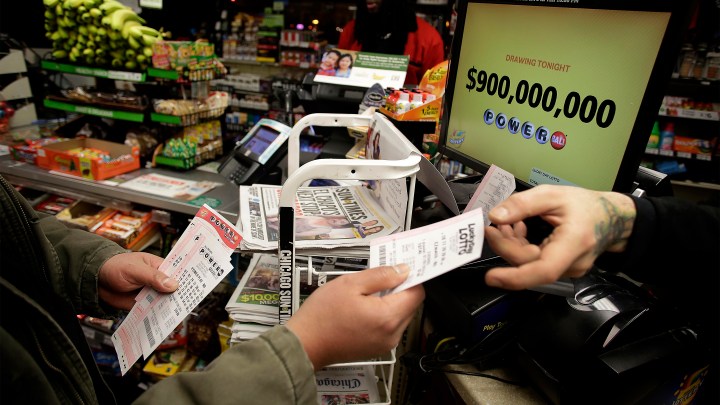
Gas stations depend on getting customers inside. Is that a problem right now?
Gas stations depend on getting customers inside. Is that a problem right now?

One industry bracing for the coming COVID-19 recession is convenience stores. The country has 150,000 of them, most connected to gas pumps.
These merchants depend on people coming into the shops — these days for quick food as well as cleaning and paper products. But are all small minimarts in tight quarters ready from a health and hygiene standpoint?
While driving around his city, Ed Hirs noticed several gas stations offering discounts — up to 10 cents per gallon if you pay cash.
“There’s an encouragement to go in and talk to the clerks, maybe just to drive sales in the convenience store,” said Hirs, an energy economist at the University of Houston. “But it would seem to misplace the social distancing that we’re trying to accomplish.”
Hirs said that in the past, gas stations gave cash discounts to pass along savings if credit card fees were avoided. Now, he said, it’s to bring foot traffic to the store. That’s where the real money’s made, according to Richard Ingro, who works at the Rainbow Fuel Stop in Meeker, Oklahoma.
“Our deli and our inside sales are what we survive off of. Gas has never really been it,” he said.
But convenience stores are tight quarters where shoppers are close together. They touch coffee pots and donut cases. But Ingro said his store is safe.
“We hose this place down just about every 20 to 30 minutes now,” Ingro said. “We wipe down tables. Go out there [and] wipe down pumps. No more refills, you cannot refill your cup.”
Some public health advocates have concerns, though. Small stores don’t always have cleaning staffs. And, said workplace health specialist Nellie Brown at Cornell, the employees they do have may be overworked.
“I’m concerned that if people working in a store don’t get sufficient breaks, they’re not going to get time to wash their hands,” Brown said. “As people get chronically sleep deprived, their immune systems decline in efficiency.”
The industry group for convenience stores said it’s sharing guidelines on cleaning, distancing and avoiding shared handles and utensils. But it won’t be easy, according to epidemiology and public health professor Melissa Laska at the University of Minnesota.
“They have to just say, ‘We’re not going to sell bakery items. We’re not going to sell salad bar items, we’re not going to sell coffee,’ ” Laska said. “That can really cut into the bottom line.”
For all the challenges, convenience stores do have permission to stay open. The federal government deems their workers essential.
There’s a lot happening in the world. Through it all, Marketplace is here for you.
You rely on Marketplace to break down the world’s events and tell you how it affects you in a fact-based, approachable way. We rely on your financial support to keep making that possible.
Your donation today powers the independent journalism that you rely on. For just $5/month, you can help sustain Marketplace so we can keep reporting on the things that matter to you.












